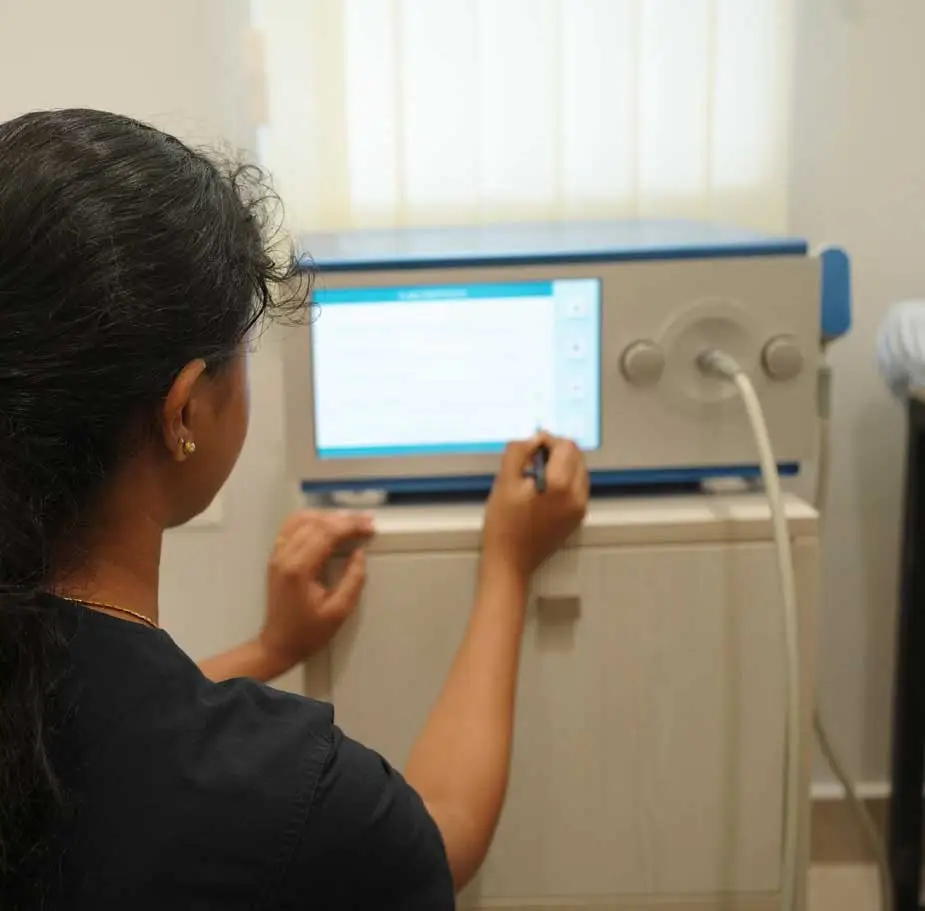Plantar Fasciitis
Symptoms
Symptoms of plantar fasciitis may include:
Heel pain with first steps in the morning
Tenderness
Night pain
Limping may present
Toe walking
Reduced range of ankle
Pain is usually worse on bare foot
Pain while climbing stairs and walking on hard surface
Stiffness
Causes
The causes of plantar fasciitis may include:
Diagnosis
Treatments
Based on the patient history, physical examination and physical tests therapist will diagnose the condition. Patient needs to understand their condition and importance of pain management, foot care, stretching and strengthening program. Absolute rest, limiting the aggravating movements and icing is essential to reduce the pain. IFT and US are the pain management modalities usually used in physical therapy. Once the pain got subsided exercise program can start to stretch the tight and strengthen the weak muscles. Mobilizations and manipulations in manual therapy can improve the joint range of motion. Changing the footwears with soft cushion type can protect the foot from further incidence of plantar fasciitis.
Our Musculoskeletal Wellness Program uses Shockwave Therapy (ESWT), which is an advanced modality for the treatment of musculoskeletal conditions and its very effective in plantar fasciitis and heel spurs. ESWT uses sound waves (high amplitude pulses of mechanical energy) to breakup infected tissues and stimulate the healing process. The energy triggers the regeneration and reparative processes of the bones, tendons and other soft tissues. ESWT is used to treat chronic, sub-acute and acute conditions. After the shockwave session, Cryotherapy is advised to avoid muscle soreness.

Elements of Musculoskeletal Wellness Program
Extracorporeal Shockwave
Pulsed Cell Repair
Electrotherapy & Pain management
Exercises
Nutrition & Diet Management
Lifestyle Management
Ergonomics Guidance
Get a Quick Reply Here
Office
Monday to Saturday: 8:30am – 6pm
